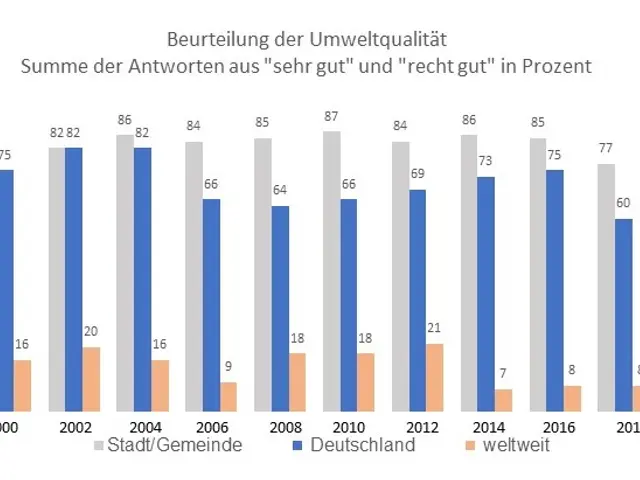Social Media's Double-Edged Sword: Balancing Benefits and Harms in Education
A recent systematic review underscores the need for a balanced approach to social media's role in education and child development. While it offers enriching learning experiences, excessive use can lead to mental health issues and cognitive decline.
The review, conducted by Naik, Mathias, and Krishnan, explores the impacts of social media on cognitive development in children and young adults. It highlights both benefits and drawbacks, stressing the importance of nuance.
Social media platforms have revolutionized communication and learning, offering collaborative and knowledge-sharing opportunities. However, excessive use can cause cognitive overload, attention span decline, and difficulties with sustained mental effort. The review also notes that age-related variables influence cognitive responses, with younger children and older teens experiencing different impacts.
To maximize benefits and minimize harms, educational institutions can implement digital literacy programs and integrate social media into the curriculum. Parental engagement is also crucial in shaping children's social media habits and cognitive outcomes.
The systematic review by Naik, Mathias, and Krishnan emphasizes the need for a balanced approach to social media in education and child development. Further research is necessary to inform policies and practices that support healthy cognitive growth among young populations in the digital age.






